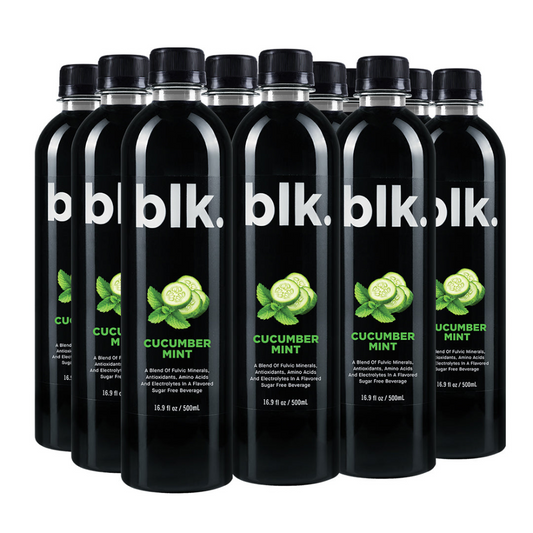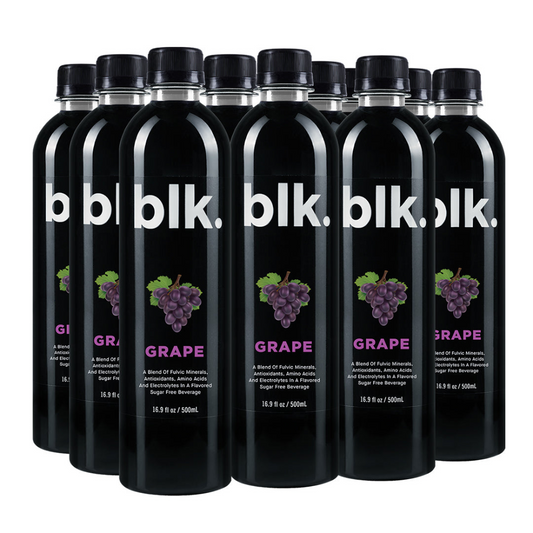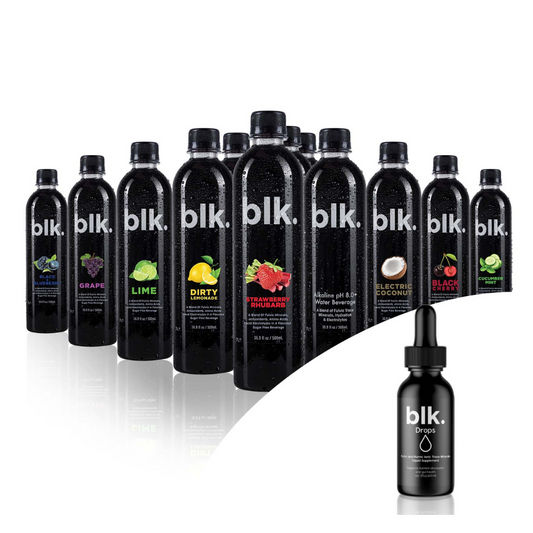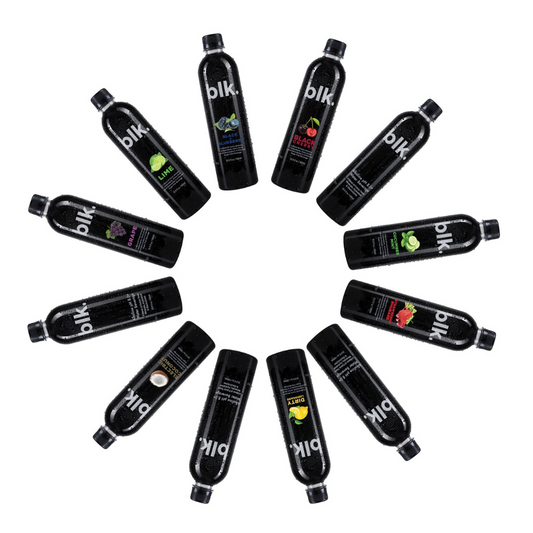
Hydrolyzed Whey and Inflammation: What the Research Says
This article seeks to give more information about the following:
- What hydrolyzed whey is.
- What is inflammation?
- The relationship between hydrolyzed whey intake and inflammation.
- How to use hydrolyzed whey for inflammation.
Hydrolyzed whey protein has been a long-time favorite supplement among fitness enthusiasts, athletes, and people looking to improve their overall health. Its popularity is attributed to various potential health benefits like improved muscle growth and faster recovery. It has also emerged that hydrolyzed whey has the potential to reduce inflammation. However, little is known about the relationship between hydrolyzed whey protein and inflammation. In this article, we will examine what research says about the anti-inflammatory properties of whey protein and how it compares to other supplements.
What is Hydrolyzed Whey?
Whey is a protein found in milk that is derived when making cheese after the curd is separated from the milk. The liquid part is called whey, which is dried and processed to make whey protein.
Hydrolyzed whey or whey protein hydrolysate is a form of whey protein broken down into smaller peptides and free amino acids to make it easily digestible and rapidly absorbed. The other forms of whey protein are whey protein concentrate and hydrolysate.
What is Inflammation?
Inflammation is a complex process of the body's natural immune response to infections, allergies, or injuries. It is a mechanism through which our immune system recognizes, rejects, and starts the healing process after exposure to damaging and alien stimuli.
Types of inflammation
There are two types of inflammation: acute inflammation and chronic inflammation.
Acute inflammation
This is a short-term autoimmune reaction that lasts a few days but not longer than six weeks. The following signs characterize it:
- Edema- This is the swelling of the affected area due to fluid buildup in the tissues near the affected area.
- Redness- Blood supply increase in the affected area causes the redness
- Pain- When the affected area is touched, there may be mild or severe pain depending on the cause.
- Heat- The temperature may rise in the affected area due to increased blood flow.
However, the symptoms are not limited to these signs. Sometimes there may be no visible physical signs, but a person may be generally unwell.
Chronic inflammation
Chronic inflammation is an immune response that lasts longer, and the response continues even when the foreign stimuli cease.
Chronic inflammation is caused by:
- Autoimmune disorders
- Persistent acute inflammation
- Sensitivities
Hydrolyzed Whey and Inflammation: Mechanism of Action
There are several ways in which hydrolyzed whey has been shown to help in reducing inflammation.
Anti-inflammatory Properties
Research shows that whey protein has bio-molecular characteristics that make it suitable for anti-inflammatory properties. Whey protein increases the production of anti-inflammatory cytokines, and cytokines are secreted to control the immune reaction to external stimuli.
Hydrolyzed protein is rapidly absorbed in the bloodstream because it has been broken down into smaller peptides that can trigger faster cytokine production to reduce inflammation.
Immune System Support
The immune system is responsible for our body's overall health, and inflammation is part of an autoimmune response. Protein is an essential macronutrient, and protein deficiency can lead to a weak immune system, making the body more vulnerable to diseases and slower recovery even from mild illnesses. Whey protein supplementation is an excellent way to increase your protein intake, boosting your immunity.
Role of Amino Acids
Whey protein is naturally high in all essential amino acids, branched-chain amino acids, and nonessential amino acids. Our body cannot synthesize essential amino acids that are obtained from diets. In contrast, nonessential amino acids are naturally produced by the body, and there is no need to get them from diets. However, that does not mean that nonessential amino acids are useless. Both types of amino acids are useful, and sometimes, we may need supplementation of nonessential amino acids when there are conditions that make our bodies incapable of producing their own amino acids.
- Branched-chain-amino-acids like leucine, isoleucine, and valine have anti-inflammatory properties that make them suitable for medicinal purposes. A study has shown that these types of branched-chain-amino-acids can treat inflammation issues in the liver.
- Glutamine, a nonessential amino acid, has also been shown to be helpful for athletes and people with gastrointestinal issues. It has antioxidant properties that help reduce inflammation.
- Glycine, another nonessential amino acid, has also been shown to be efficient in reducing pro-inflammatory cytokines, which helps reduce inflammation related to ulcers, arthritis, and diabetes.
When whey protein is hydrolyzed, it is broken down into all these free amino acids, which are easily absorbed into the body to reduce inflammation.
Hydrolyzed Whey and Inflammation: Potential Benefits
Having seen how whey helps reduce inflammation, it is evident that whey protein hydrolysate can effectively improve inflammation associated with some diseases. It can relieve inflammatory conditions related to arthritis, joint pain, irritable bowel syndrome, and asthma.
Dosage and Safety Instructions for Hydrolyzed Whey for Inflammation
The amount of hydrolyzed whey to be taken varies depending on factors such as protein need, age, and individual health conditions. Manufacturers usually recommend the appropriate dosage.
However, it is crucial to note that hydrolyzed whey protein should not be used as a replacement for your inflammation medication. It is an efficient way of increasing your protein intake. You should always consult your doctor or a qualified healthcare professional to determine whether it is safe to take hydrolyzed whey for inflammation.
Conclusion
The bottom line is that hydrolyzed whey protein is helpful in reducing inflammation. The amino acid composition and anti-inflammatory properties make hydrolyzed whey protein useful in treating acute inflammation and reducing the effects of chronic inflammation.
Additionally, hydrolyzed whey protein generally boosts your immunity which improves recovery from inflammation. However, more research needs to be conducted on hydrolyzed whey protein and inflammation to find ways to treat chronic inflammatory conditions.
Frequently Asked Questions
-
How does hydrolyzed whey compare to other anti-inflammatory supplements in terms of effectiveness?
-
Can hydrolyzed whey be taken by people with allergies or sensitivities?
-
Can hydrolyzed whey be used by athletes to improve performance and recovery?
-
Can pregnant or breastfeeding women use hydrolyzed whey?
-
Can hydrolyzed whey be used in conjunction with other anti-inflammatory treatments or medications?




